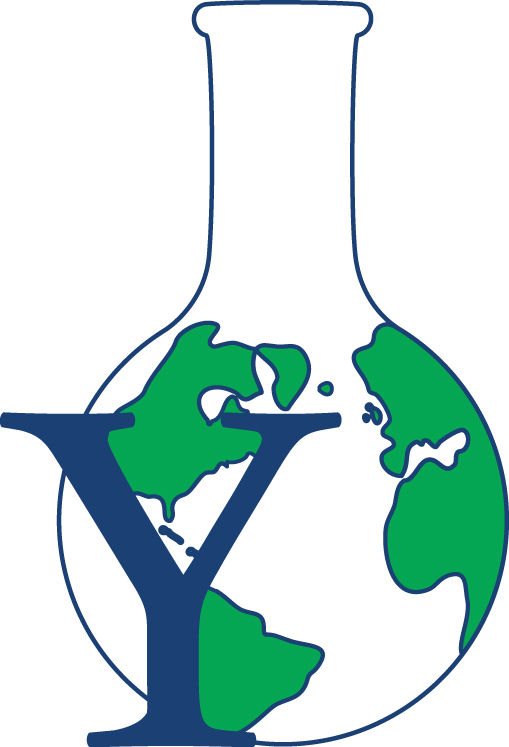Although the connections between climate change, water quality and diarrhea seem self-evident, they require the understanding of the complex and trans-disciplinary human, engineered, and natural Water, Sanitation and Hygiene (WASH) system that is typical in developing world communities. In particular, a number of factors need to be considered including global climate change, local hydrology, pathogen microbiology, disease transmission, engineered systems and human behavior aspects.
The study uses an agent-based computer model (ABM) to study the complexity of climate change impacting diarrhea rates. ABM mimics the behavioral rules of people who are collecting water from different water sources which are impacted by the climate change. The quality of collected water is linked to the likelihood of getting diarrhea.
This technique uses a bottom up approach to understand how particular practices might impact drinking water quality or diarrhea rates during different climate change scenarios. The model will be then used to derive adaptation strategies to ameliorate the effects of climate change on diarrhea disease.
